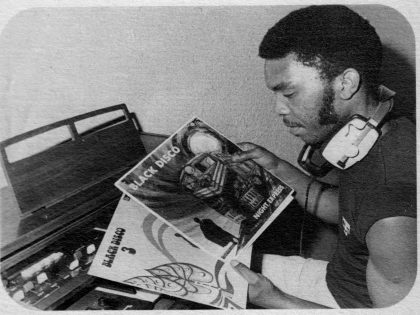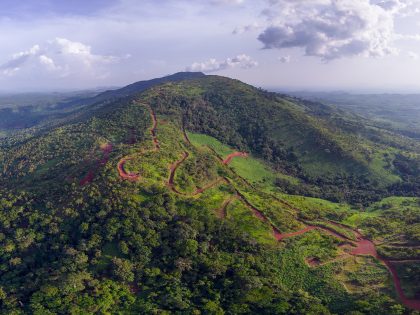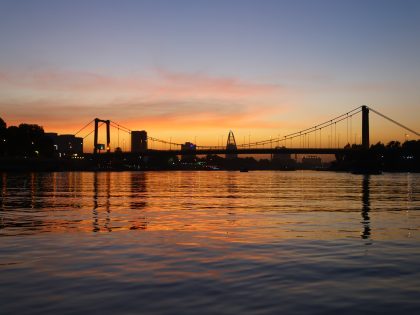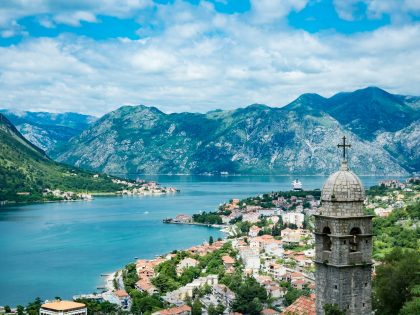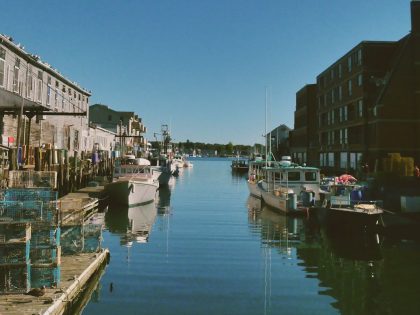What Obama means to Black Americans
Black America want better schools, better jobs, cheaper health care, lower taxes, smaller prison populations, stronger labor unions.

Candidate Barack Obama in 2007 (Wiki Commons).
It now seems like such a long time ago when Barack Obama became the first ever Black President of the United States. Among those who vigorously celebrated Obama’s historical election, were of course African Americans, given this country’s history. From ordinary to literary people to rappers to everyone else in-between, African-Americans could not contain their joy. But what does Obama’s ascent really mean to black Americans?
Jon Jeter, the former Washington Post correspondent in South Africa, has a new book, A Day Late and A Dollar Short: High Hopes and Deferred Dreams in Obama’s ‘Post-racial’ America, on what Obama’s election and presidency really means for African-Americans. The book is out this month.
Jeter wrote the book with his former colleague at the Post, Robert E Pierre. It is based on nine months worth of interviews with a group of black people from different walks of life – including Cape Town hip hop MC, Lee Ursus Alexander, who lives in Brooklyn. The Washington Post just published an essay adapted from the book. Here’s Jon and Robert’s short answer to the question:
“What does Barack Obama mean to black America? This is the running debate taking place somewhere in the country every day, and the answer so far is this: everything and nothing; epic transformation and elegiac stasis; a stark symbol of how far black people have come and a painful marker of the great distance left to travel. The transcendent, jarring truth for blacks is that they celebrated their most triumphant moment at the worst of times. The housing market triggered the greatest loss of wealth for African Americans in history. Nearly a fifth of all black workers are out of work, a figure that rivals the nation’s unemployment at the peak of the Great Depression. In the country’s largest cities, the high school dropout rate for blacks is nearly half … African Americans remain consistently in his corner – for now – but the paradox of the first black president is that it is not nearly enough for him to be merely the first black president. Black America is pregnant with expectation. They want better schools, better jobs, cheaper health care, lower taxes, smaller prison populations, fewer casualties in Iraq and Afghanistan, stronger labor unions.“













